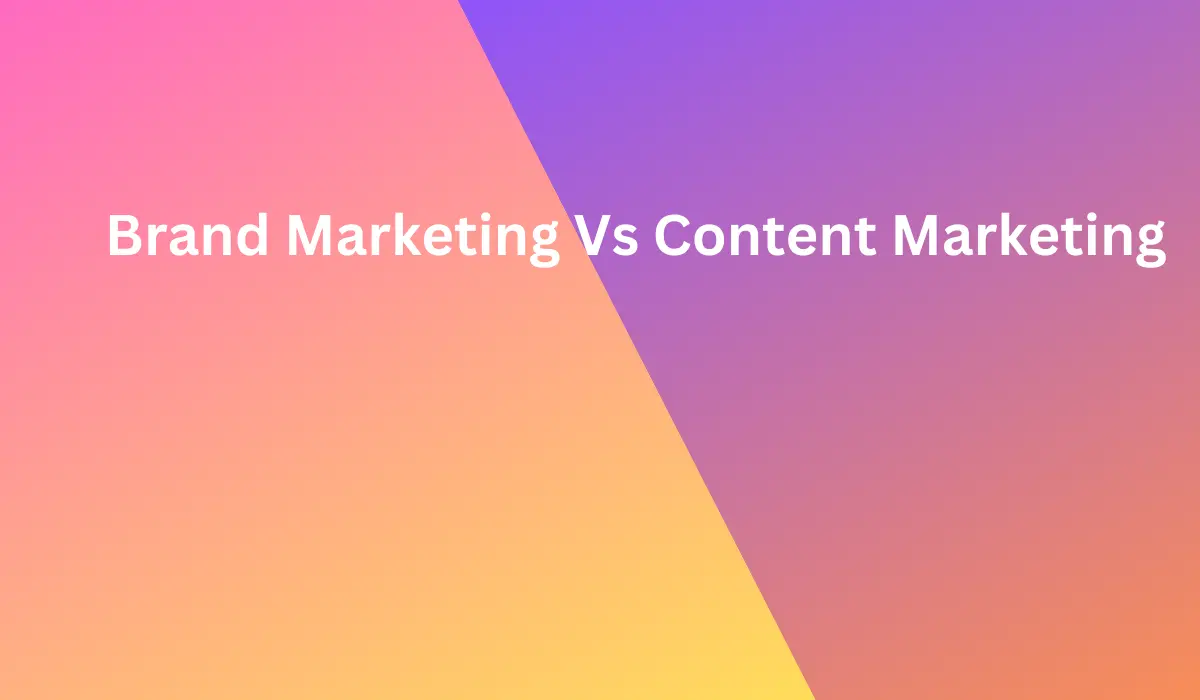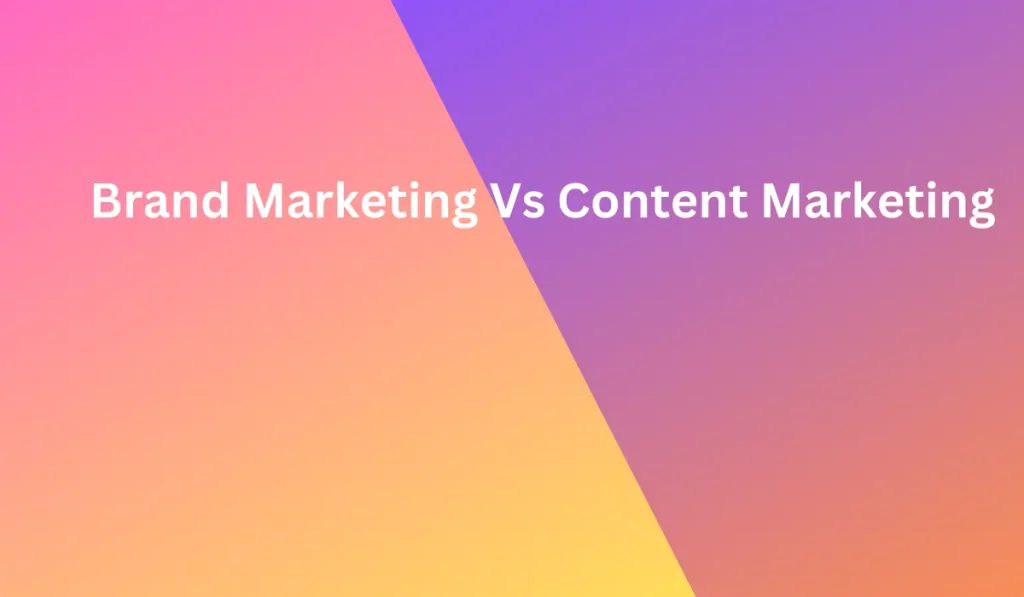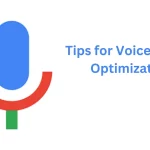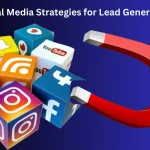Brand marketing and content marketing are two different marketing strategies but both are part of the inbound marketing technique. In this context, we compare brand marketing vs content marketing.
Let’s jump into the deep:
What is Brand Marketing
Brand marketing is a strategy that focuses on promoting and building awareness for a brand, rather than just individual products or services. It involves creating a strong and positive perception of a brand in the minds of consumers, to establish a long-term connection and loyalty.
Key elements of brand marketing include:
Identity: Developing a unique and recognizable brand identity, which includes elements like the brand name, logo, colors, and messaging.
Messaging: Crafting consistent and compelling messages that convey the brand’s values, personality, and positioning in the market.
Positioning: Defining how a brand wants to be perceived concerning its competitors, and identifying its unique selling proposition.
Awareness: Implementing strategies to increase the visibility and recognition of the brand among the target audience.
Loyalty: Building a loyal customer base by creating positive experiences and associations with the brand.
Consistency: Ensuring that the brand’s messaging, visual elements, and overall presentation are consistent across all channels and touchpoints.
Experience: Focusing on providing a positive and consistent experience at every point of interaction between the brand and its customers.
Brand marketing often involves various channels such as advertising, social media, public relations, events, and more. The ultimate goal is to create a strong, positive, and enduring connection between the brand and its audience, leading to customer loyalty and advocacy.
What is Content Marketing
Content marketing is a strategic marketing approach that involves creating and distributing valuable, relevant, and consistent content to attract and engage a target audience. The primary goal of content marketing is to build trust, establish authority, and ultimately drive profitable customer action. Instead of directly promoting a brand, product, or service, content marketing aims to provide valuable information that educates, entertains, or solves problems for the audience.
Also Read
Key components of content marketing include:
Content Creation: Developing various types of content, such as blog posts, articles, videos, infographics, podcasts, and more, that align with the interests and needs of the target audience.
Audience Segmentation: Identifying and understanding the specific segments of the audience to tailor content to their preferences, behaviors, and demographics.
Distribution: Sharing content through different channels, including websites, social media, email newsletters, and other platforms, to reach and engage the target audience.
SEO (Search Engine Optimization): Optimizing content for search engines to improve its visibility and discoverability online.
Brand Storytelling: Incorporating storytelling techniques to create a compelling narrative that resonates with the audience and enhances the brand’s identity.
Consistency: Maintaining a consistent publishing schedule and maintaining a cohesive brand voice across all content.
Measuring and Analyzing: Monitoring the performance of content through metrics such as website traffic, social media engagement, and conversion rates. This helps refine the content strategy based on what works best for the audience.
Content marketing is often a long-term strategy that focuses on building relationships and providing value over time. By delivering relevant and helpful content, brands aim to position themselves as trusted resources, ultimately influencing customer behavior and fostering brand loyalty.
Brand Marketing Vs Content Marketing
Brand marketing and content marketing are related but distinct approaches to promoting a business or product. Let’s break down the key differences between the two:
Focus and Purpose:
Primarily focuses on creating and promoting the overall brand image, identity, and values. It aims to build a strong and positive perception of the brand in the minds of consumers.
Concentrates on creating and distributing valuable, relevant, and consistent content to attract and engage a target audience. The goal is often to provide information, solve problems, or entertain, establishing trust and credibility.
Content Type:
Involves various elements like logos, slogans, visual identity, and brand messaging. It may include advertising campaigns and other initiatives that emphasize the brand’s unique selling propositions.
Involves the creation of blog posts, articles, videos, infographics, and other forms of content that provide value to the audience. The content is often educational, informative, or entertaining.
Timeframe:
Focuses on the long-term development and maintenance of the brand image. It aims to create a lasting impression in the minds of consumers.
Often used as a long-term strategy, but it can also be employed for short-term campaigns. Content marketing is more dynamic and adaptable to changing trends and consumer needs.
Measurement of Success:
Success is often measured through brand awareness, brand equity, and consumer perception studies. It may be challenging to attribute direct ROI to brand marketing efforts.
Success is often measured through metrics such as website traffic, engagement levels, social shares, and lead generation. Content marketing allows for more direct measurement of results.
Channels:
Utilizes various channels, including traditional media like television, radio, and print, as well as digital channels like social media and online advertising.
Primarily leverages digital channels such as blogs, social media, email, and video platforms. It often involves a more direct interaction with the audience.
Integration:
Can incorporate content marketing as a component to convey brand messages and values.
Is a specific strategy that contributes to the overall brand marketing efforts.
In practice, both brand marketing and content marketing can complement each other within a comprehensive marketing strategy. A strong brand is often supported by valuable and consistent content that resonates with the target audience.
Also Read
Pros and Cons of Brand and Content Marketing
Let’s explore the pros and cons of both brand marketing and content marketing:
Brand Marketing:
Pros:
Content Marketing:
Pros:
Establishing Recognition: Brand marketing helps in creating and enhancing brand recognition. Consistent branding across various channels can make the brand more memorable.
Building Trust: A strong and well-managed brand can build trust and credibility with consumers, leading to loyalty and repeat business.
Differentiation: Effective brand marketing helps distinguish a brand from competitors by highlighting unique value propositions and qualities.
Long-Term Focus: Brand marketing is often a long-term strategy, contributing to the enduring perception of the brand over time.
Audience Engagement: Content marketing allows brands to engage with their audience on a deeper level by providing valuable and relevant information, creating a sense of connection.
SEO Benefits: Regularly publishing high-quality content can improve a brand’s search engine rankings, driving organic traffic to the website.
Educating Consumers: Content marketing is an effective way to educate consumers about products, services, and industry trends, positioning the brand as an authority.
Measurable Results: Content marketing efforts can be tracked using various metrics such as website traffic, engagement, and lead generation, providing more measurable results.
Cons:
Cons:
Cost: Some brand marketing activities, such as large-scale advertising campaigns, can be expensive and may not provide immediate measurable results.
Harder to Measure ROI: It can be challenging to directly attribute financial returns to brand marketing efforts, making it difficult to measure the return on investment.
Less Immediate Impact: Brand building is a gradual process, and the impact on sales or other key metrics may take time to materialize.
Time-Intensive: Creating valuable content consistently requires time and effort. It may take a while before the results become noticeable.
Saturation: In some industries, there is a high volume of content, making it challenging to stand out and capture the audience’s attention.
Continuous Innovation: Content marketing requires ongoing creativity and innovation to keep up with changing trends and consumer preferences.
Initial Resource Investment: Establishing a content marketing strategy may require an initial investment in tools, talent, and resources.
Also Read
End Words
Both brand marketing and content marketing can work together synergistically, with content marketing supporting the broader goals of brand building. An effective marketing strategy often combines elements of both to create a well-rounded approach that engages the audience and reinforces the brand image over time.
Also Read











